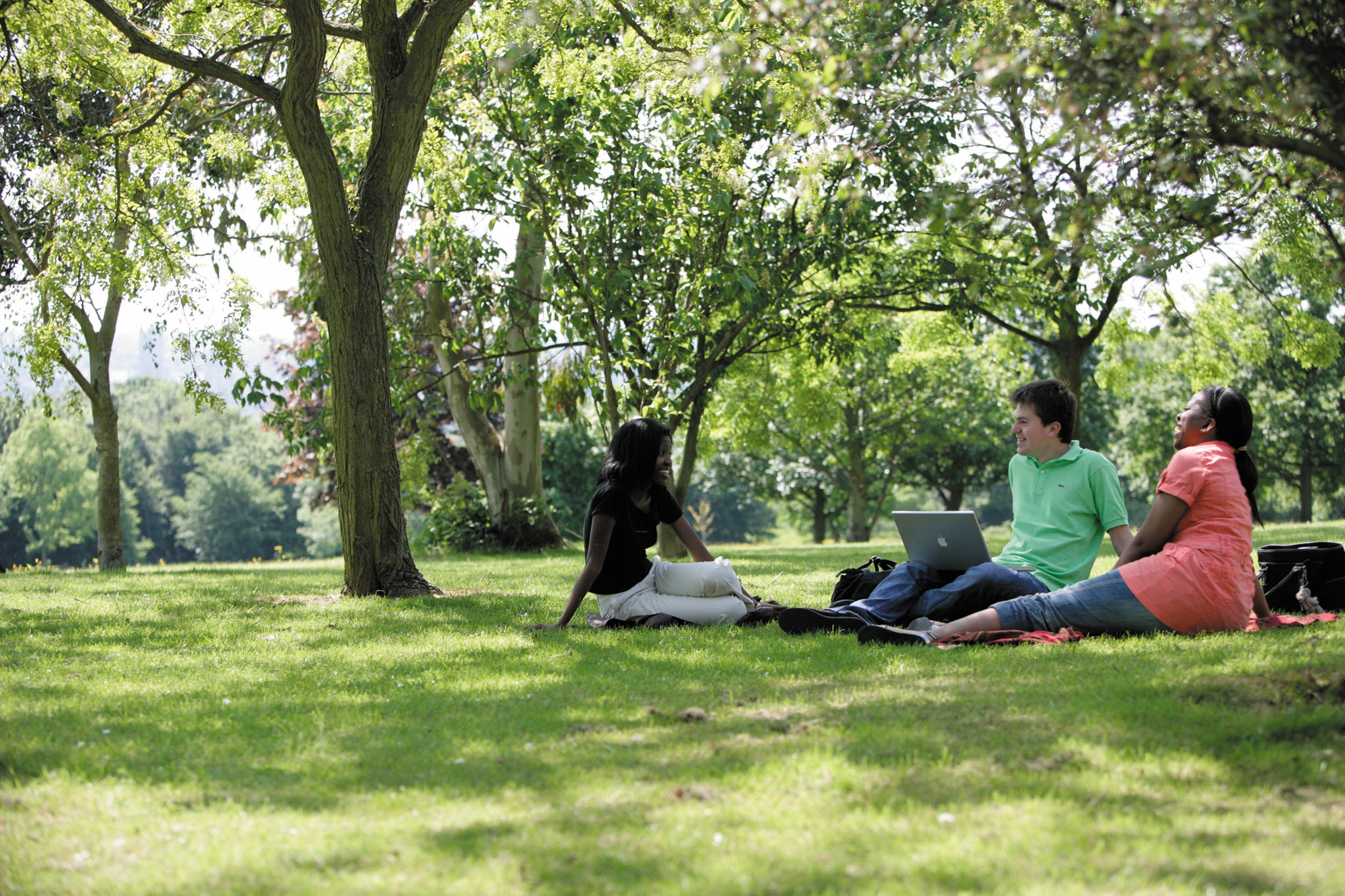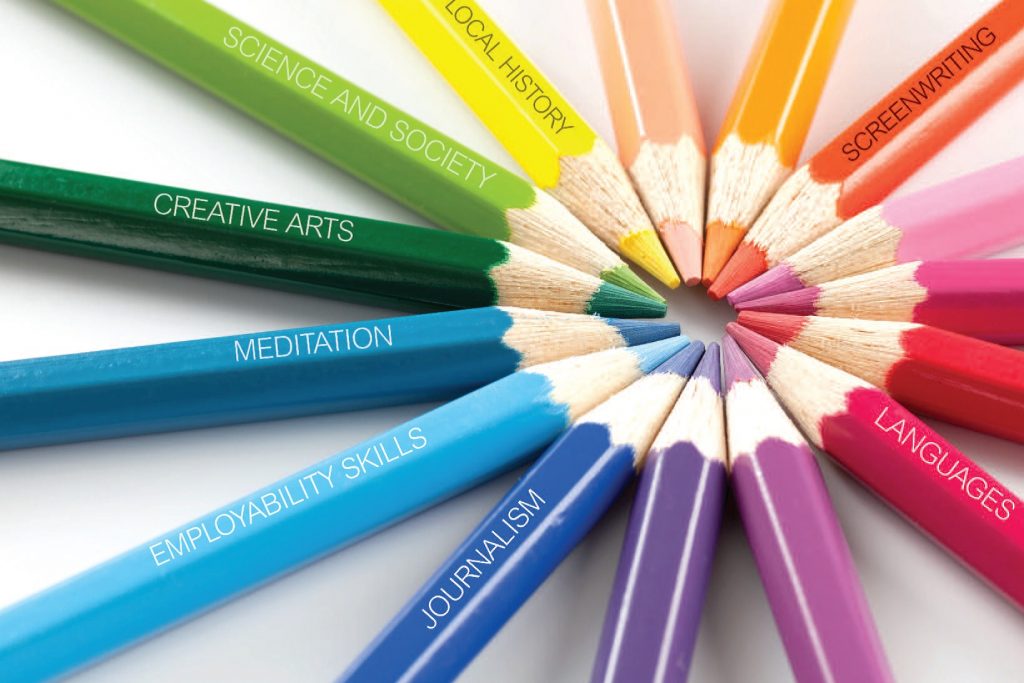Did you know you can study a completely different subject at Postgraduate level? At Kent, we have a range of Conversion Master’s Programmes where you can learn new skills, improve your job prospects and prepare you for a career in a different discipline.
For example, we offer business, economics and computing programmes for students from an entirely different background, while our Master’s degrees in law or journalism develop your academic and professional skills in new areas. You can find out more here.
View our Conversion Master’s Courses
Other subject areas include:
- Accounting, Finance and Economics
- Analytics and Operations Management
- Computer Science
- Creative and Culture
- Law, Society and Social Justice
- Leadership and Management
- Marketing and International Business
- Social Work, Healthcare and Society
- Professional Development and Education
The list includes some of our most popular conversion programmes but is not exhaustive; you can find more opportunities on the full online prospectus.
What is a conversion course?
Conversion courses are intensive postgraduate programmes that allow you to pursue a career which may differ to your undergraduate degree or if you’re looking to change your career path. They can be from 1-2 years depending on the programme and with full-time or part-time study options.
Whether you’re changing direction or honing your skills, stand out and specialise at University of Kent with career-focused postgraduate courses taught by expert academics. Tomorrow’s world is waiting.
Postgraduate Virtual Open Event, Thursday 20 May
Come along to talk to specialist academics and admissions staff about postgraduate study. You can also meet staff from the Graduate School, and get the latest funding information, including the loans for Master’s students.
Takes place online Thursday 20 May, 16.00-19.00









